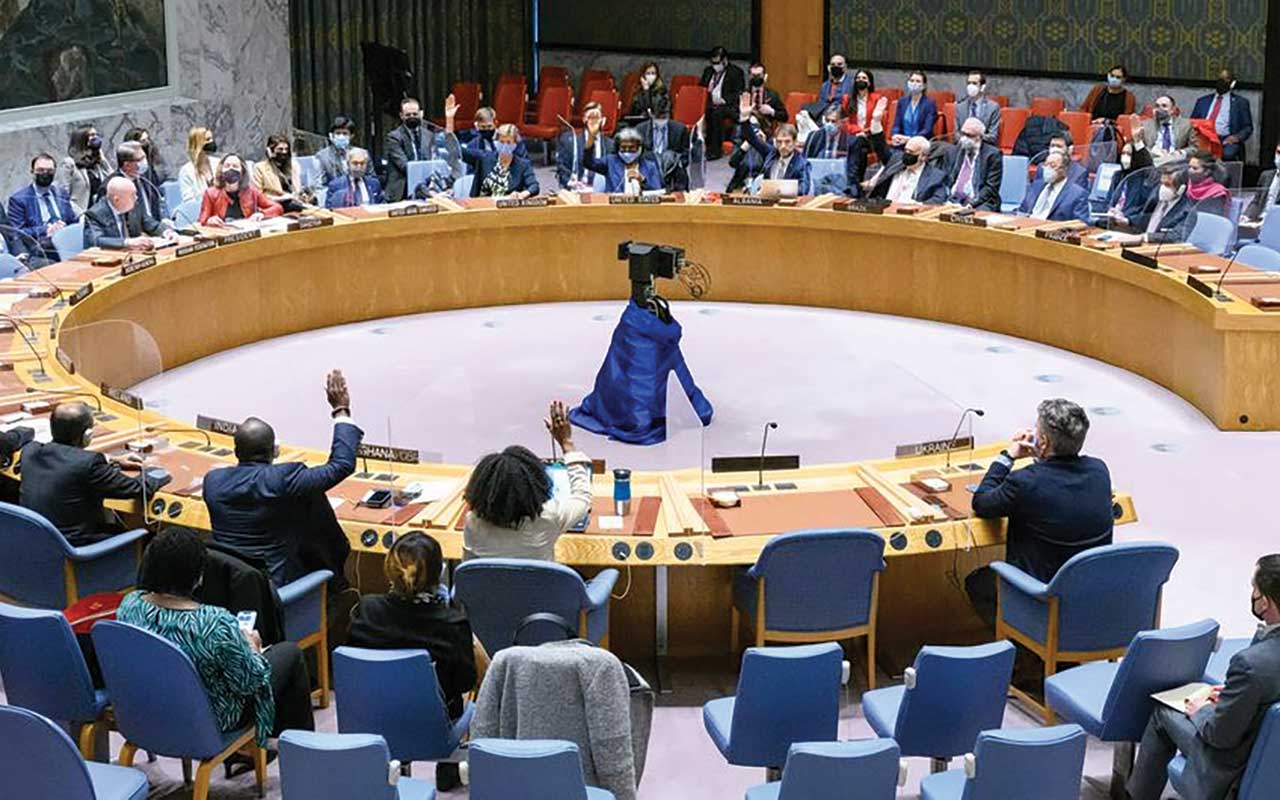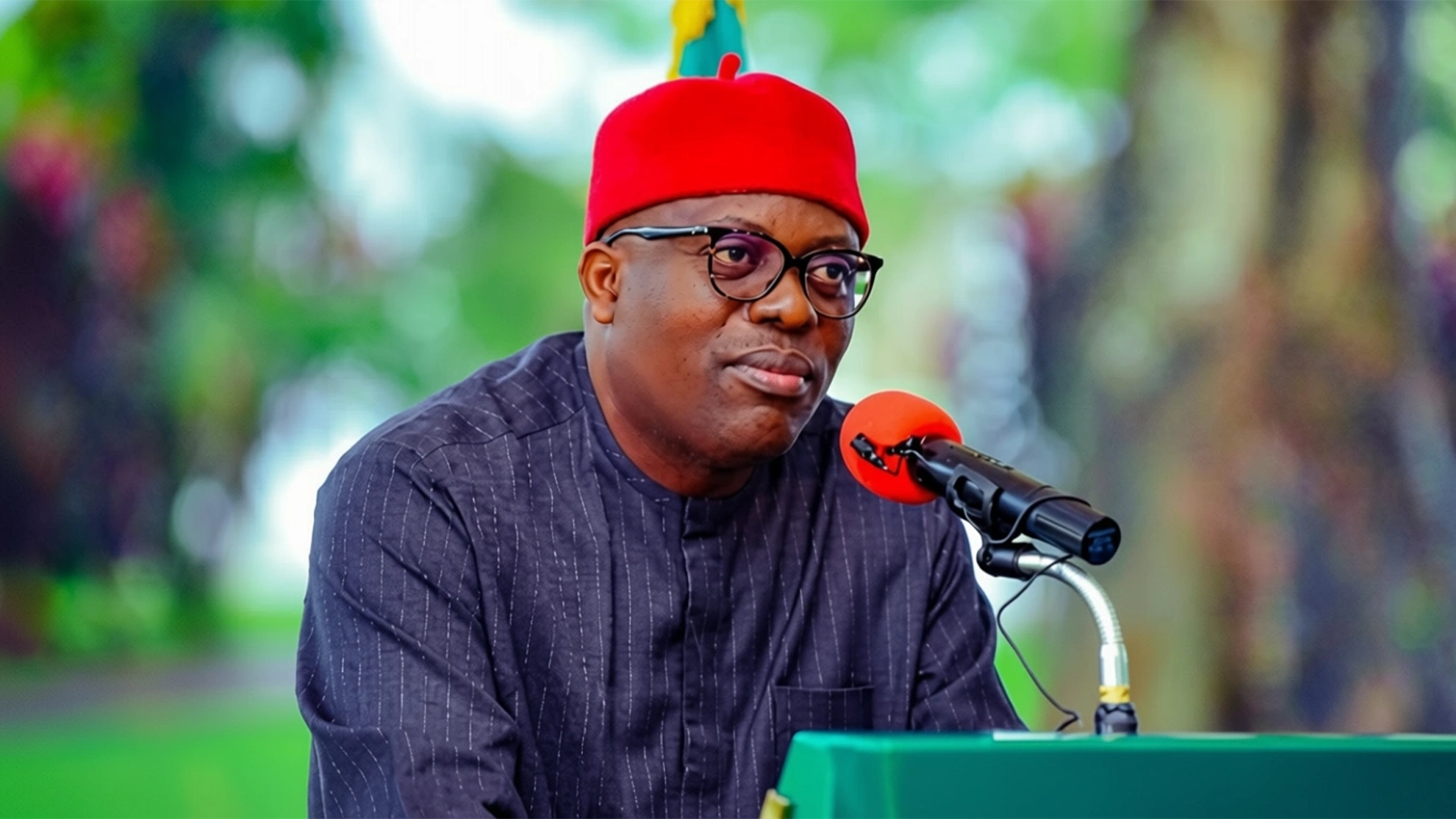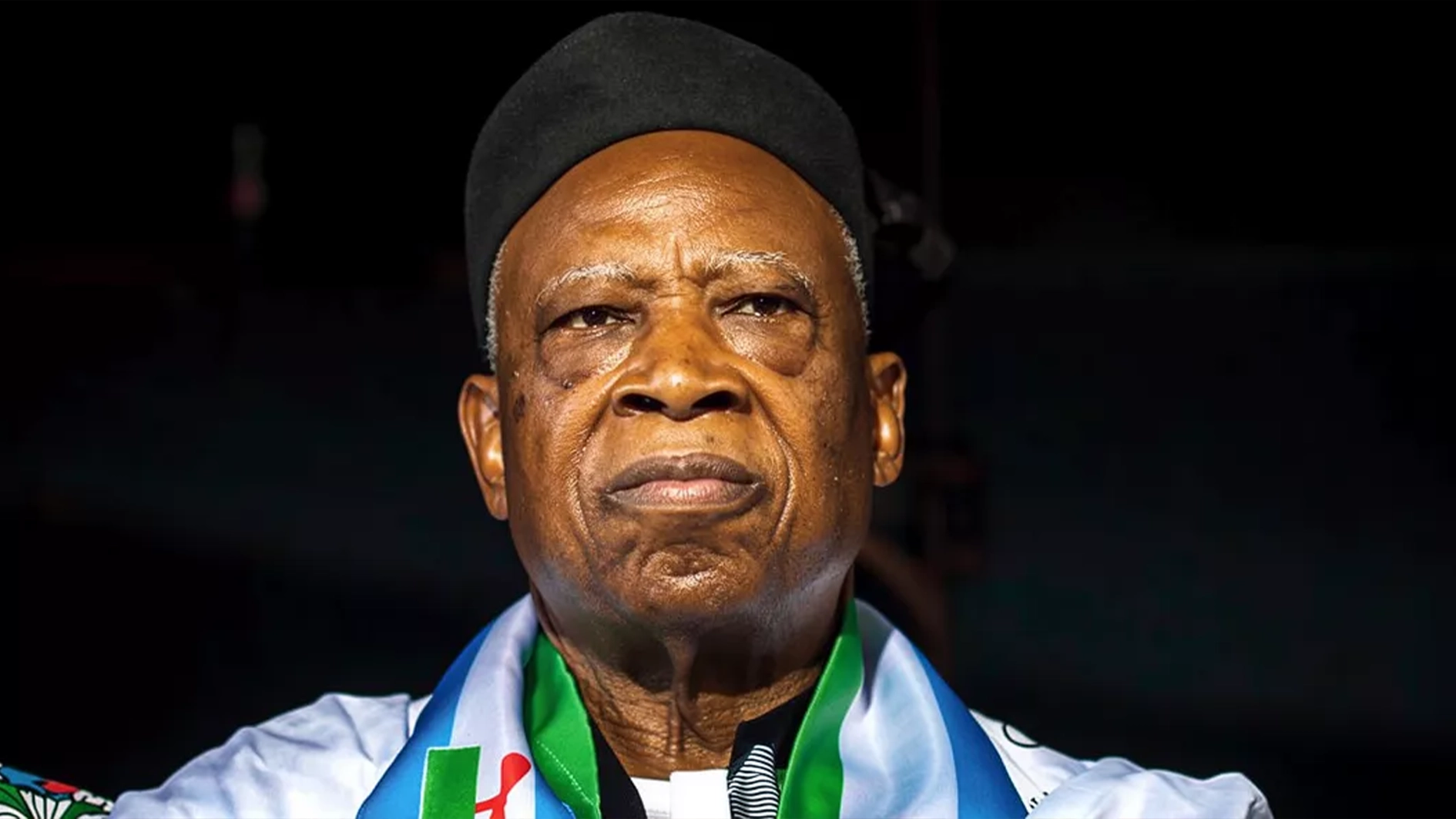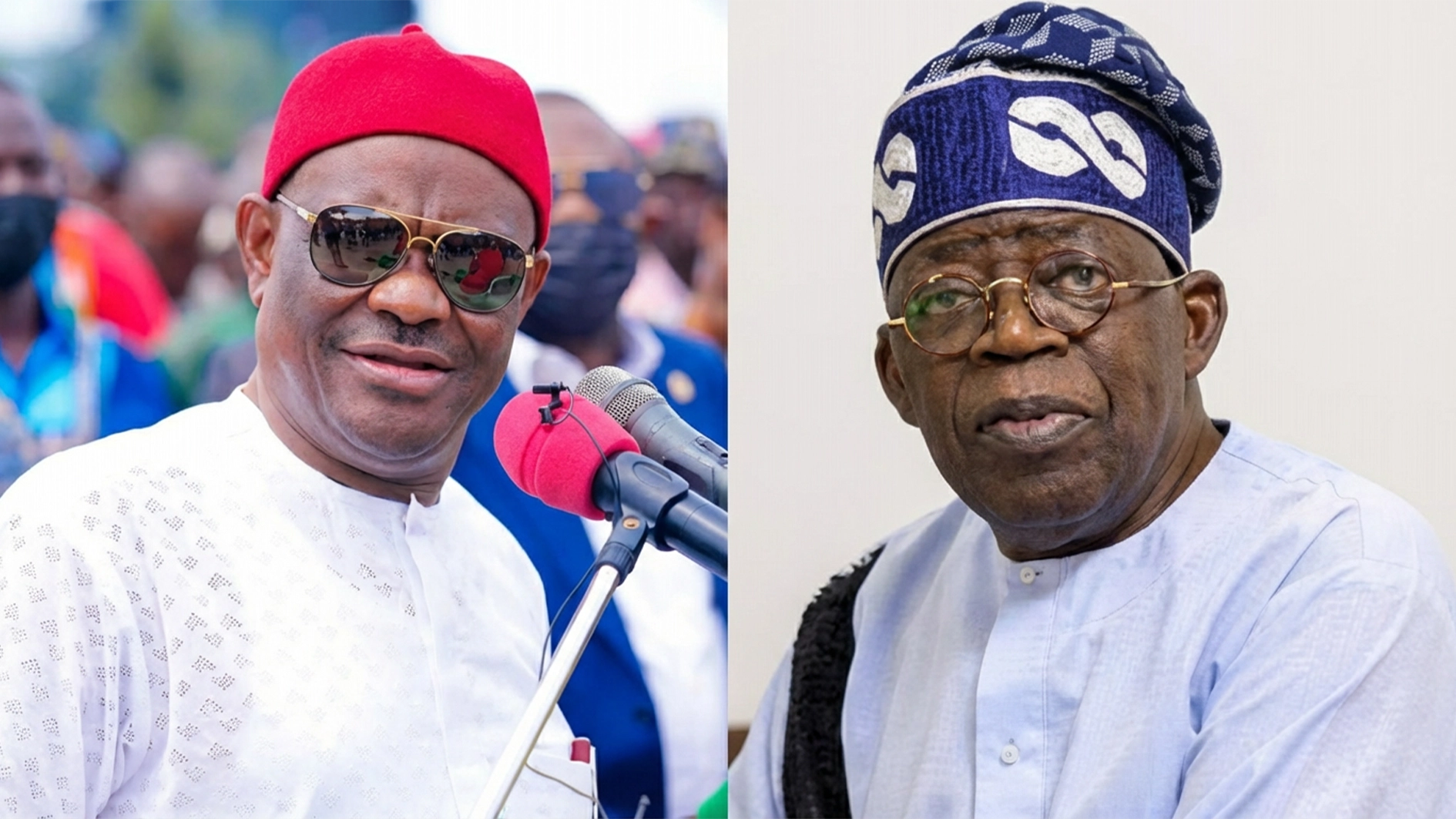
Following the call by Secretary General, United Nations (UN), António Guterres, for Africa to be given a permanent seat at the UN Security Council, a lot of discussions and speculations have been made to achieve that goal, NGOZI EGENUKA reports.
Last week, Secretary General, United Nations (UN), António Guterres, as part of reforms to correct historical injustices, called for Africa to be given a permanent seat at the UN Security Council (UNSC). He noted that it was no longer acceptable that the world’s preeminent peace and security body lacked a permanent voice for a continent of well over a billion people; a young and rapidly growing population, making up 28 per cent of the membership of the United Nations.
His notion and sentiment for reforms was re-echoed by the president of the UN General Assembly, Dennis Francis and Sierra Leone’s President, Julius Maada Bio. The African Union has long been pushing for the continent to have two permanent representatives on the council and an additional two seats as non-permanent representatives.
For a long time, the security council has been criticised for representing the realities that prevailed at the end of World War Two when much of Africa was still under colonial rule. The UN security council is made up of 15 members. Five permanent members who have veto powers, namely; China, France, Russia, the UK and the United States, while the 10 non-permanent members of the body are allocated by region every two years, but unlike the five permanent members, they do not have the power of veto. More than 50 United Nations Member States have never been Members of the Security Council.
The permanent members were all Allies and the major powers that emerged victorious after World War II. The most important attribute of permanent membership of the Security Council is that members have veto power. This power enables the permanent members to stop the adoption of any substantive draft of Council resolutions, irrespective of international support for such resolutions. “The world has changed since 1945. But the composition of the Council, despite a few changes, has not kept pace. The time for half-measures and incremental progress is over. Africa must be heard, and its demands for justice and equity must be met,” Mr Guterres said.
He stated that Africa is under-represented at the UN Security Council and international financial institutions but “over-represented in the very challenges these structures are designed to address, adding that the body has failed to adequately align African representation with the continent’s efforts and contributions. “Africa has often been at the centre of conflicts fuelled by greed for the continent’s resources, necessary to the global economy,” he said.
According to him, almost half of all UN peacekeeping operations were in Africa and 40 per cent of UN peacekeepers were African. Guterres opined that the need for change was not only about ethics and justice, but a strategic imperative that can increase global acceptance of the council’s decisions – benefiting Africa and the world.
Senior Research Fellow and Head, International Law Unit of International Law and Organisations Division of Research & Studies Department, Nigerian Institute of International Affairs (NIIA), Dr Rita Agu, said that Africa has what it takes to be part of the United Nations Security Council, and an African state at least deserves a permanent seat for the Security Council.
She noted that over 50 per cent of issues addressed at the Council are conflict, public health, and developmental issues in Africa, and so Africa needs full representation at the United Nations Security Council with veto power. She recommended that responsible Africa states that are regional powers with legacy of continental leadership such as Nigeria, Egypt and South Africa should vie for the slot, adding that for implementation, the UN system should be reformed for more equitable and fair representation to accommodate underrepresented regions.
“Article 23 of the UN Charter provides details of the composition of membership of the Council. The UNSC was originally composed of 11 members with five permanent and six non-permanent members. The UN General Assembly (UNGA), however, recommended an amendment to the Charter in 1963 to increase the membership of the Security Council to 10 non-permanent members, making a total of 15 non-permanent members. Each of the five permanent members, also known as the P5, has a veto power. The 10 non-permanent members are elected for a two-year term by the UNGA,” she added.
For Associate Professor, Political Science, Lead City University, Dr Tunde Oseni, the call for democratisation of UNSC has been on ground for a while and so it is not out of place for Africa to have a seat on the Council. He noted however that the concern is which African country should be a member as there are various powerful nations in the different regions. “We have regional powers like Nigeria in West Africa, South Africa in Southern Africa, Egypt in North Africa and Kenya in Eastern Africa. So, the challenge may be which of these countries deserves to be the continent’s representative,” he said.
He, however, noted that it would take a lot of negotiations and harmonisation of interests on the part of African Union members and a combination of factors to make the decision in terms of population, political clout and diplomatic significance of these countries. “When it comes to population, one may say Nigeria, but in terms of other factors such as a stable economy, South Africa, Kenya and Egypt will come to mind and for military power, these countries are the most powerful,” Oseni said.
Research Fellow, NIIA, Kelechi Igwe, reiterated that though Africa has all it takes to become a member, the technicalities involved remain the concern. He suggested that if Africa eventually becomes a member, they should also enjoy the same veto power as the existing members, adding that with the future predictions of Africa, it is vital that they are a permanent member of the Security Council.
Buttressing, he said that over 50 per cent of issues deliberated and negotiated at conventions of the UN Security Council have been domiciled in Africa, like issues of conflicts, development, public health and other. Over 50 per cent of UN peacekeeping missions, he said, are domiciled in Africa so it is not right that the continent is not represented at the highest decision making body of the UN.
In making the decision on the state to represent Africa, he noted that one with a leadership legacy such as Nigeria should be considered. “Nigeria’s foreign policy has been Afro-centric which makes it the ideal country to represent the interest of the continent. Nigeria’s foreign policy has also been focused on helping African states achieve the continent’s interest in the international system. Egypt is also a good consideration with its robust economy and same with South Africa. Other countries that could be considered are Ethiopia and Senegal,” he said.
Foreign Affairs Analyst and Lawyer, Henry Ugwu, is of the view, however, that giving Africa a seat at that table would not necessarily translate into meaningful progress for the region. He noted that the basis for permanent membership of the Security Council indeed reflects the era when colonialism was at its peak in Africa.
“I do not believe that giving Africa a seat at that table would translate into meaningful progress for the region. Permanent membership of the UN Security Council is a platform for imperialism and neocolonialism. The Permanent Five use their veto power to perpetrate their political and economic influence to the detriment of international peace and security. Giving one African country a seat at that table would only serve the purpose of granting absolute power to another flawed government,” he argued.
According to him, the UN Charter should be amended to extinguish permanent membership of the Security Council. All forms of membership of the Security Council should be based solely on a popular and impartial voting system. Such a system would guarantee that Security Council members collaborate with other countries to maintain their membership.
What we have today is far from a collaborative approach to international peace and security by the Permanent Five. There are many post-World War II examples where members of the Permanent Five unlawfully invaded other countries and jeopardised international security and peace without facing sanctions by the UN. It is not surprising because permanent membership of the Security Council technically absolves members from any form of serious sanctions by the UN, irrespective of the breach of international law.
“Africa makes up more than 25 per cent of the members of the UN yet it is not represented at the most influential decision-making organ of the UN. To solve this problem, Africa must insist on a fair and collaborative voting system as a basis for all membership of the UN Security Council. Permanent membership should be abolished. If we retain permanent membership, is that to say that China represents the interests of India and Japan? Who represents Taiwan? Would Germany never have a place because it would be perpetually represented by France and the United Kingdom? What about Brazil? If Nigeria is made a permanent member, does it benefit South Africa or Africa? What if Swaziland is made the permanent member, can she truly represent Africa? And if Swaziland cannot represent Africa today, should she be permanently barred from representing Africa?
“The current structure of the UN Security Council indeed preserves historical injustices against Africa. However, what Africa and the entire world deserve is an overhaul of the permanent membership of the Council. Membership of the Security Council should be based on popular votes in line with egalitarian principles and the rule of law,” Ugwu said.






